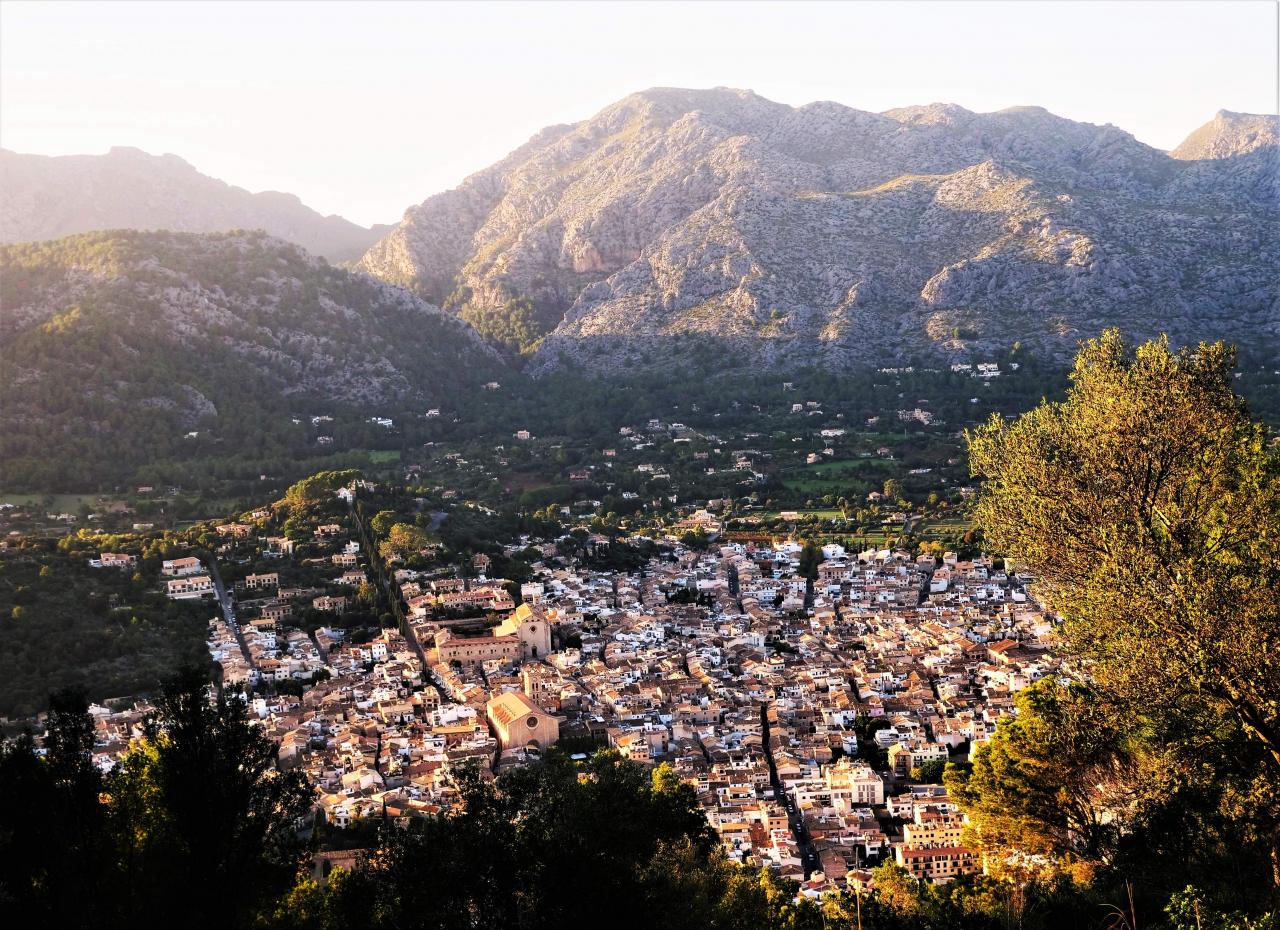There is also the fact that, in one instance, a project has been fundamentally altered - so it is claimed. This is the old fish market building in the Plaça Major. Some ninety years old, it was used until the early 1990s. A plan for its redevelopment ran into an obstacle when Muslim-era remains were discovered at the site. Redrafting was required to take the centuries-old burial area into account. In early 2018, therefore, a participatory approach, which involved local business, residents and others, agreed that there should be “faithful” reconstruction of the old fish market and that its use should principally be as meeting rooms for local associations. An idea to relocate the tourist information office and Radio Pollença to the redeveloped building was ruled out.
That was 2018. The plan drawn up by the current administration finds no favour with opposition parties, one of which - Junts Avançam - had overseen that 2018 participatory approach. The actual redevelopment, it is said, will entail the almost total elimination of the original building; it would bear little resemblance. The uses, meanwhile, would be municipal and so contrary to what had apparently been agreed in 2018.
Earlier this week, Podemos issued a mammoth press release in which they outlined their objections, which pretty much chime with those of the other opposition groups. In a nutshell, there should be respect for the participatory decision and for the building to be multifunctional for community use, while also incorporating the Muslim site.
It is also being pointed out that a Council of Mallorca grant to fund redevelopment could be endangered because of “radical modification” to a building with “anthropological and ethnological” values.


1 comment
To be able to write a comment, you have to be registered and logged in
The so called "old fish market" was just an open shed with an asbestos roof and some stone benches. It was an eye-sore, The new plan is to build a neat modest new construction to be used as a tourist information office. An information office in the main square is a very good idea.